served to clarify and consolidate its truths. Many modern discoveries support Islamic claims made 1400 years ago that what is laid down in the Quran is the ultimate truth, and that this will be borne out
Popular search:
Search Results 9917 results
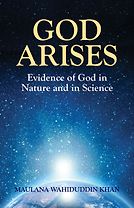

pulling off the shells under which people conceal their true selves, exposing their inner realities.
What an astounding Day that will be, when the veils that now conceal these realities will be lifted! How
everything possible to garner name and fame, and yet may be widely known as a great ‘crusader for Islam’. He may be abjectly unjust in his
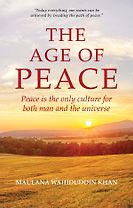
planning will result in total failure. This is a reality expressed thus by the Prophet of Islam:
‘God grants to peace what He does not grant to violence.’1
This prophetic tradition is a statement of a law of
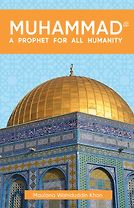
even more important aspect of this revolution was that, through the Prophet, God showed the world what would happen in the hereafter. His life and mission provided us with a preview of the events of the
why God does not hold anyone in check in this world. But once, at least, by means of the prophet of Islam, God has shown on earth the situation that will prevail in its most complete and permanent form in

policy. But when the Prophet of Islam gained power in Arabia, he did quite the opposite. He did not look at matters in terms of supporters and opponents; he considered only what was right and fair. He buried

life, religion or family, one should immediately resort to arms, even if one is slain as a result. What he meant was that if, on any of these grounds, a believer is slain, then his or her death is one of
the words of the hadith and use them to justify their selfish quarrels and nationalistic conflicts. Islam, they will say, teaches you to stand up for your rights like a man; it urges you to fight in defence

undertook what was to be his final pilgrimage to the Sacred Mosque.
This shows how the Prophet was careful to introduce reforms gradually. Even when he wielded power, he did not attempt to hurry Islamic legislation;
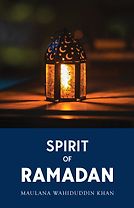
the day of Eid al-Fitr dawns on them, then God is pleased and proclaims to the angels, ‘O my angels, what is the reward for the doer who has completed his deed?’ The angels reply, ‘Our Lord, such a person
SHARINGThe word Eid in Arabic means ‘returning at regular intervals’ and refers to the two annual Islamic religious celebrations. The fact that they occur in a regular cycle is important, for it gives a
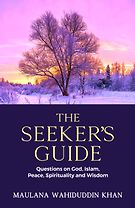
did not mean that they should offer the Asr prayer only after having reached the destination, come what may. So, the Companions eventually offered prayer before reaching the Banu Qurayzah, which was contrary
the words of the Prophet. This incident is an example of doing ijtihad or reapplying a teaching of Islam in a changed situation.
In today’s age also, ijtihad is a necessity. For example, the Quran says:

have detained his brother under the King’s law. (Quran 12:76)25.WHAT WAS THE CHARACTER OF THE PROPHET MUHAMMAD REALLY LIKE?The Prophet of Islam, Muhammad ibn Abdullah, was born in Arabia on 22 April 570 AD
Displaying items 3051-3060 of 9917 in total